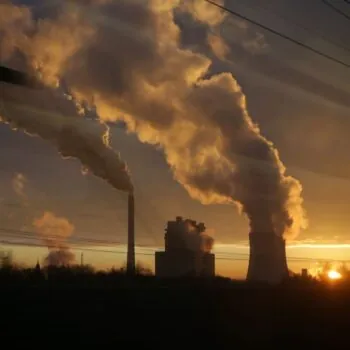Germany is struggling to act despite recognising that a coal phase out is now inevitable. A final set of new coal plants has entered operation at a massive financial loss. Government proposals during 2015 to reduce coal use were opposed, resulting in a change of policy. Internationally, Germany is still providing financial backing to unabated coal plants.
Germany is ranked #6 in the E3G G7 coal phase out scorecard.
In many respects, Germany’s performance has gone backwards during 2015, despite Chancellor Merkel having secured the G7 agreement at the June summit. Germany is currently feeling the financial impacts of not having turned off the tap of new coal plants swiftly enough and the political impacts of a failure to shift the dominant utilities away from a dependence on high carbon assets.

Yet Germany clearly still has a commitment to action on climate change and a set of policy options that could enable it to make rapid improvements. Internationally, it is failing to back its clean technology capabilities by continuing to support financing for high carbon projects.
Risk of new coal power plants
There is no market appetite for new coal power stations in Germany. A set of ‘new’ power plants are finally entering operations after investment decisions were taken in 2007-09 but these have resulted in massive financial losses for utilities and are already at risk of becoming stranded assets. The German government has not yet moved formally to rule out new coal plants but could easily do so.
Retirement of existing coal power plants
Germany has a substantial coal fleet and has seen increased electricity generation over recent years. Growth in generation from renewables has offset its nuclear closures, but poor policies have seen coal push out gas-fired generation and increased CO2 emissions, including as a result of increased electricity exports from coal plants.
The German government attempted to grasp the existing coal challenge during 2015 by proposing a targeted climate levy to reduce use of the oldest and most carbon-intensive power plants. The policy reforms in Germany were opposed by the largest utilities and unions, despite growing recognition that more must be done to phase out coal. Despite Chancellor Merkel’s international leadership on climate change, her government caved in to pressure and now proposes a ‘lignite reserve’ that will reward utilities rather than penalising CO2 emissions.
International impact
Germany has restricted financial support via its international development institutions, but deliberately excluded export finance support. Germany has been disruptive in the EU and OECD discussions on export credits, as it seeks to continue financial support for Siemens and other German companies involved in the construction of new coal plants. This is a classic case of commercial interests trumping national priorities. Similarly, German utilities have developed coal plants as part of their expansion programmes in countries such as Turkey.
Actions required
Prior to Paris, Germany must acknowledge the need for additional action on existing coal. It will need to revise its proposed lignite reserve to ensure that it does not reward recalcitrant utilities but, instead, provides a clear retirement pathway for its coal and lignite power plants. This will require additional policy efforts during 2016.
Germany must also change its position and cooperate with G7 partners to strengthen OECD conditions on export credits ahead of the Paris talks. This should end financing of unabated coal plants and shift support to accelerate the deployment of renewables. This should be accompanied by commitments to strengthen restrictions on coal financing via export credit finance instruments.


